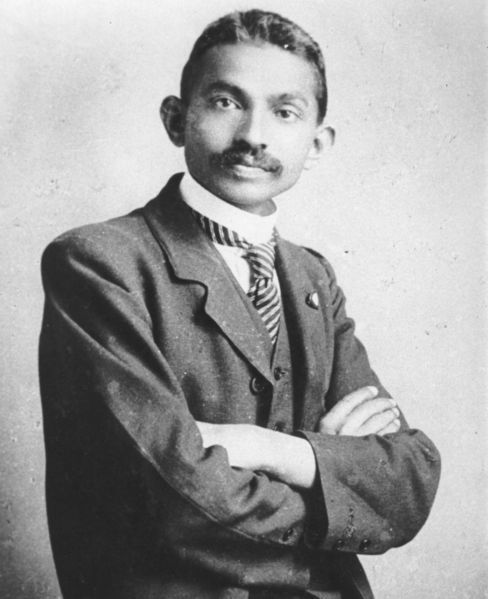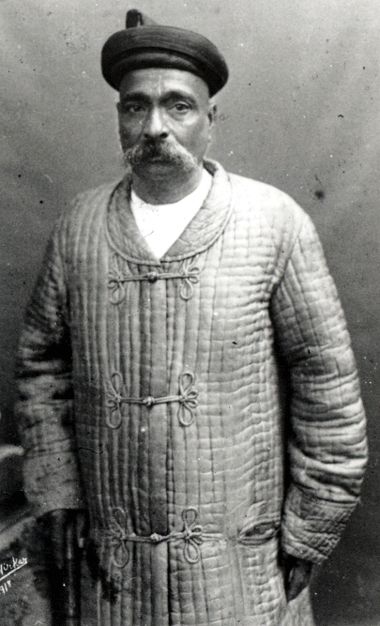
Bombay Session, 1904
At its Bombay Session, the Congress protested the violation of rules by Lord Curzon as he used revenues from India for his forward policy in Tibet. The Congress also recorded its emphatic protest against the Curzon administration's proposal to divide Bengal, a province which was at the forefront of the anti-British struggle.

Mahatma Gandhi appears on the Congress Platform
The 1901 Calcutta Session was the first time Mahatma Gandhi appeared on the Congress platform. Then a lawyer based in South Africa, Gandhi ji urged the Congress to support the struggle against racial discrimination and exploitation in the country.

Drain of Wealth
At its fifteenth session in Lucknow in 1899, the Congress demanded that the British government put a stop to the 'drain of wealth’ from India to England that had been taking place as a result of colonial rule. By raising this matter, Congress attacked a concept that formed the very basis of colonialism. It is no coincidence that Congress raised this under the presidentship of R.C. Dutt, who along with Dadabhai Naoroji, had been consistently criticising the British for the drain of wealth. This succeeded the 12th session in Calcutta in 1896, when the drain theory got a stamp of approval and the British were held responsible for the ‘drain of wealth’ from India which led to frequent famines and growing poverty in India.

Congress slams Tilak's arrest
The shadow of Bal Gangadhar Tilak arrest on charges of sedition, loomed large over the Amraoti Session. Surendranath Banerjea made full use of his brilliant oratorical skills while voicing his solidarity with Tilak. "For Mr. Tilak, my heart is full of sympathy, my feelings go forth to him in his prison house. A Nation is in tears,'he said.

Resolution Blaming the British for Famine
Under the leadership of Rahimatulla M Sayani, the Congress at its Calcutta Session, passed a resolution blaming the British for the famine that had devastated many parts of India. They condemned the provisions of the existing famine code as being 'inadequate' and attacked the government for the manner in which it was blocking private relief.







